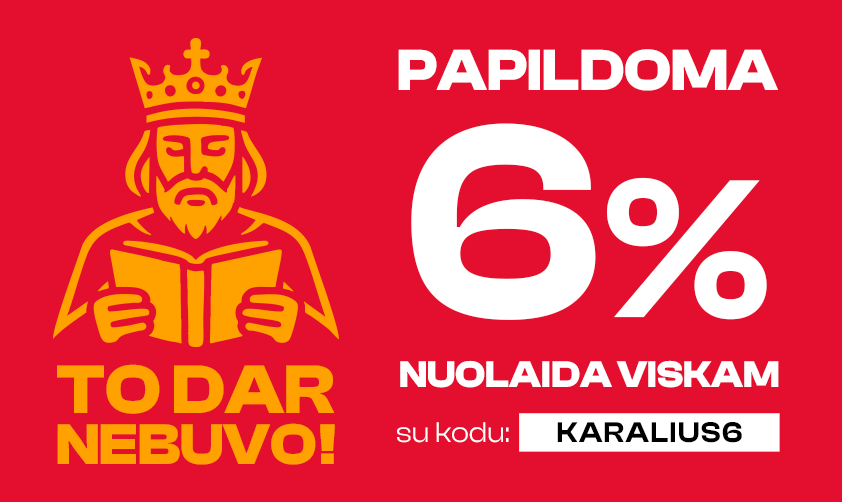- Išsiųsime per 10–14 d.d.
- Autorius: Slavoj iek
- Leidėjas: Bloomsbury Academic
- Metai: 2019
- Puslapiai: 456
- ISBN-10: 1350066567
- ISBN-13: 9781350066564
- Formatas: 13 x 19.8 x 3.8 cm, minkšti viršeliai
- Kalba: Anglų
- Extra -15 % nuolaida šiai knygai su kodu: ENG15
Atsiliepimai
Aprašymas
The concept of disparity has long been a topic of obsession and argument for philosophers but Slavoj Zizek would argue that what disparity and negativity could mean, might mean and should mean for us and our lives has never been more hotly debated.Disparities explores contemporary 'negative' philosophies from Catherine Malabou's plasticity, Julia Kristeva's abjection and Robert Pippin's self-consciousness to the God of negative theology, new realisms and post-humanism and draws a radical line under them. Instead of establishing a dialogue with these other ideas of disparity, Slavoj Zizek wants to establish a definite departure, a totally different idea of disparity based on an imaginative dialectical materialism. This notion of rupturing what has gone before is based on a provocative reading of how philosophers can, if they're honest, engage with each other. Slavoj Zizek borrows Alain Badiou's notion that a true idea is the one that divides. Radically departing from previous formulations of negativity and disparity, Zizek employs a new kind of negativity: namely positing that when a philosopher deals with another philosopher, his or her stance is never one of dialogue, but one of division, of drawing a line that separates truth from falsity.
EXTRA 15 % nuolaida
Kupono kodas: ENG15
Akcija baigiasi už 1d.15:25:01
Nuolaidos kodas galioja perkant nuo 10 €. Nuolaidos nesumuojamos.

- Autorius: Slavoj iek
- Leidėjas: Bloomsbury Academic
- Metai: 2019
- Puslapiai: 456
- ISBN-10: 1350066567
- ISBN-13: 9781350066564
- Formatas: 13 x 19.8 x 3.8 cm, minkšti viršeliai
- Kalba: Anglų
Disparities explores contemporary 'negative' philosophies from Catherine Malabou's plasticity, Julia Kristeva's abjection and Robert Pippin's self-consciousness to the God of negative theology, new realisms and post-humanism and draws a radical line under them. Instead of establishing a dialogue with these other ideas of disparity, Slavoj Zizek wants to establish a definite departure, a totally different idea of disparity based on an imaginative dialectical materialism. This notion of rupturing what has gone before is based on a provocative reading of how philosophers can, if they're honest, engage with each other. Slavoj Zizek borrows Alain Badiou's notion that a true idea is the one that divides. Radically departing from previous formulations of negativity and disparity, Zizek employs a new kind of negativity: namely positing that when a philosopher deals with another philosopher, his or her stance is never one of dialogue, but one of division, of drawing a line that separates truth from falsity.




Atsiliepimai